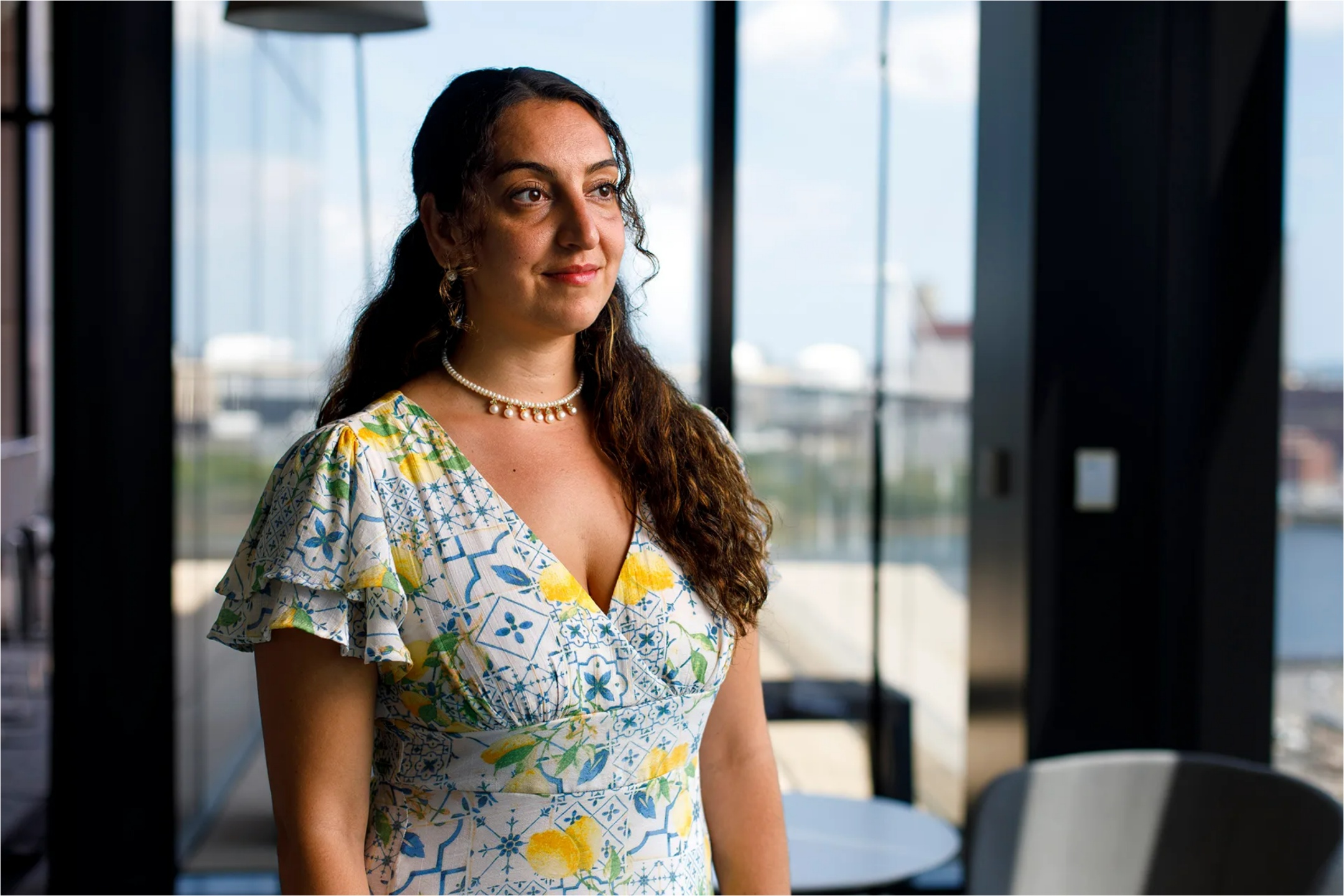New study reveals lifestyle change can prevent brain disease
The study recommends a healthy diet, regular exercise, and social engagement.
 Sanjula Singh / Veasey Conway/Harvard Staff Photographer
Sanjula Singh / Veasey Conway/Harvard Staff Photographer
A new study led by Indian-origin researcher underscores how brain diseases such as stroke, dementia, and late-life depression can be significantly reduced through behavioral change.
Sanjula Singh, principal investigator at Massachusetts General Hospital and Harvard Medical School’s Brain Care Labs and her team, comprising neurologists, epidemiologists, and public health specialists, identified 17 overlapping risk factors, including high blood pressure, poor diet, stress, and limited social connection, that affect all three conditions.
Also read: Johns Hopkins’ Annie Kathuria builds organoid mimicking early-stage human brain
Her research shows up to 80 percent of strokes, 45 percent of dementia cases, and 35 percent of late-life depression can be prevented.
“Although prevention of brain disease is yet to be a focus of primary care medicine, a crucial opportunity exists to leverage the global acceptance that more than 40 percent of dementia, stroke, and depression cases are attributable to modifiable risk factors,” Singh said.
She emphasizes the simplicity and accessibility of prevention: “There’s so much you have in your own hands that you can do to remain healthy and happy. It’s so simple, but I think that’s what makes it so powerful.”
Recruited by Harvard neurologist Jonathan Rosand, Singh joined Brain Care Labs, where she co-authored a 2022 Lancet article urging urgent action on the global brain-health crisis. She helped develop the Brain Care Score, a tool that measures habits affecting brain health, aiming to prompt lifestyle changes rather than predict disease.
Born in the Netherlands to a family of doctors, Singh initially pursued music at the Codarts Conservatory before returning to science. She earned her medical degree in Utrecht, completed a Ph.D. in neurosurgery, and studied epidemiology at the University of Oxford. Her early work influenced international treatment guidelines for a rare form of stroke, but she shifted her focus to prevention after recognizing the impact of modifiable risk factors.
Now pursuing an M.B.A. at Columbia, Singh aims to create aesthetically appealing, accessible tools to integrate prevention into daily life, making brain health as prominent a cause as heart health.
ADVERTISEMENT
ADVERTISEMENT
E Paper
Video




 Bhavana P
Bhavana P













Comments
Start the conversation
Become a member of New India Abroad to start commenting.
Sign Up Now
Already have an account? Login